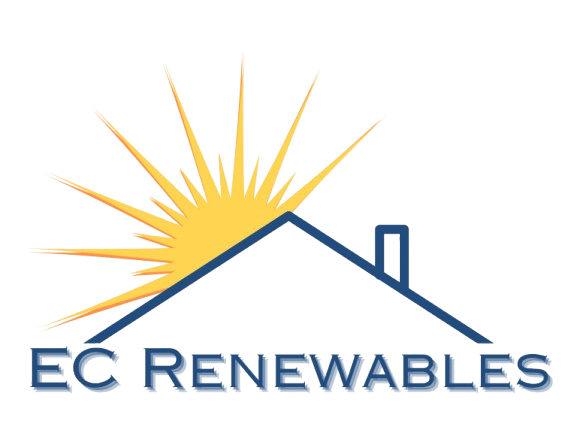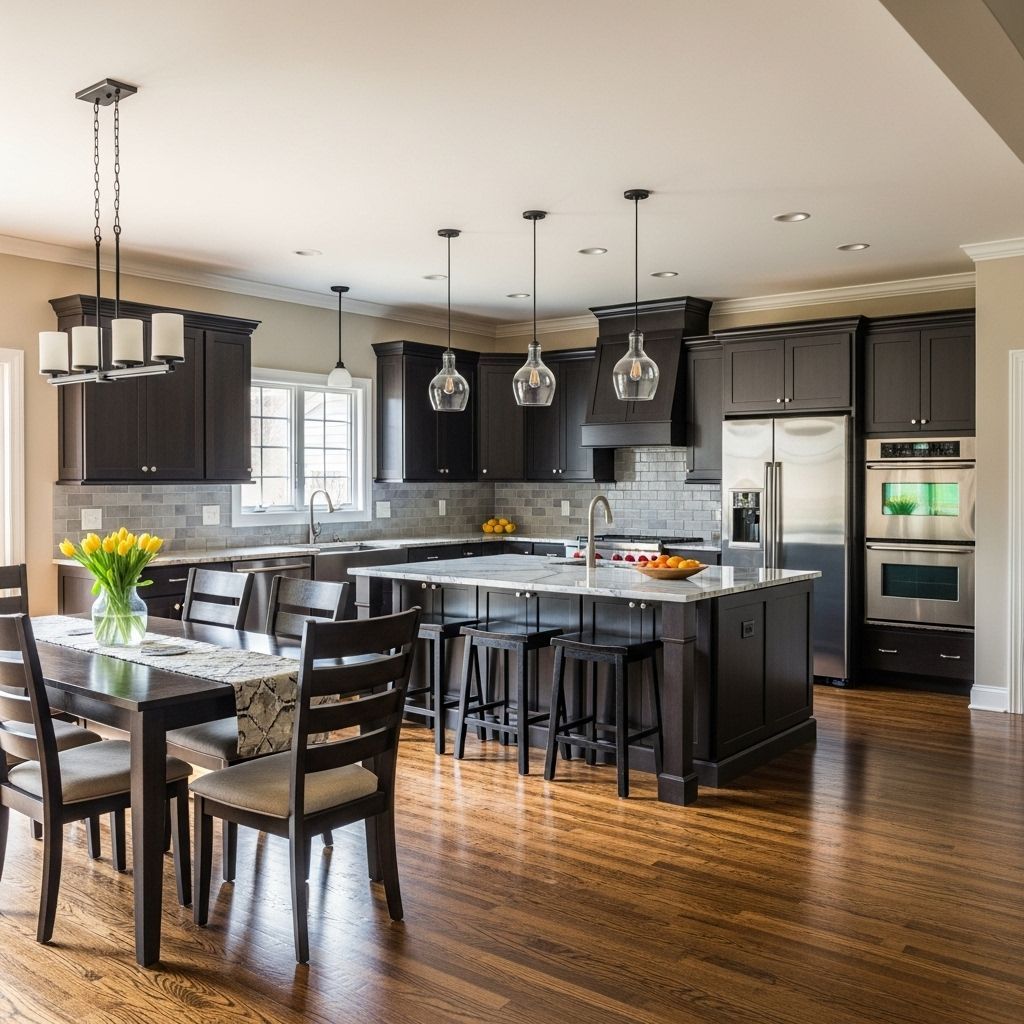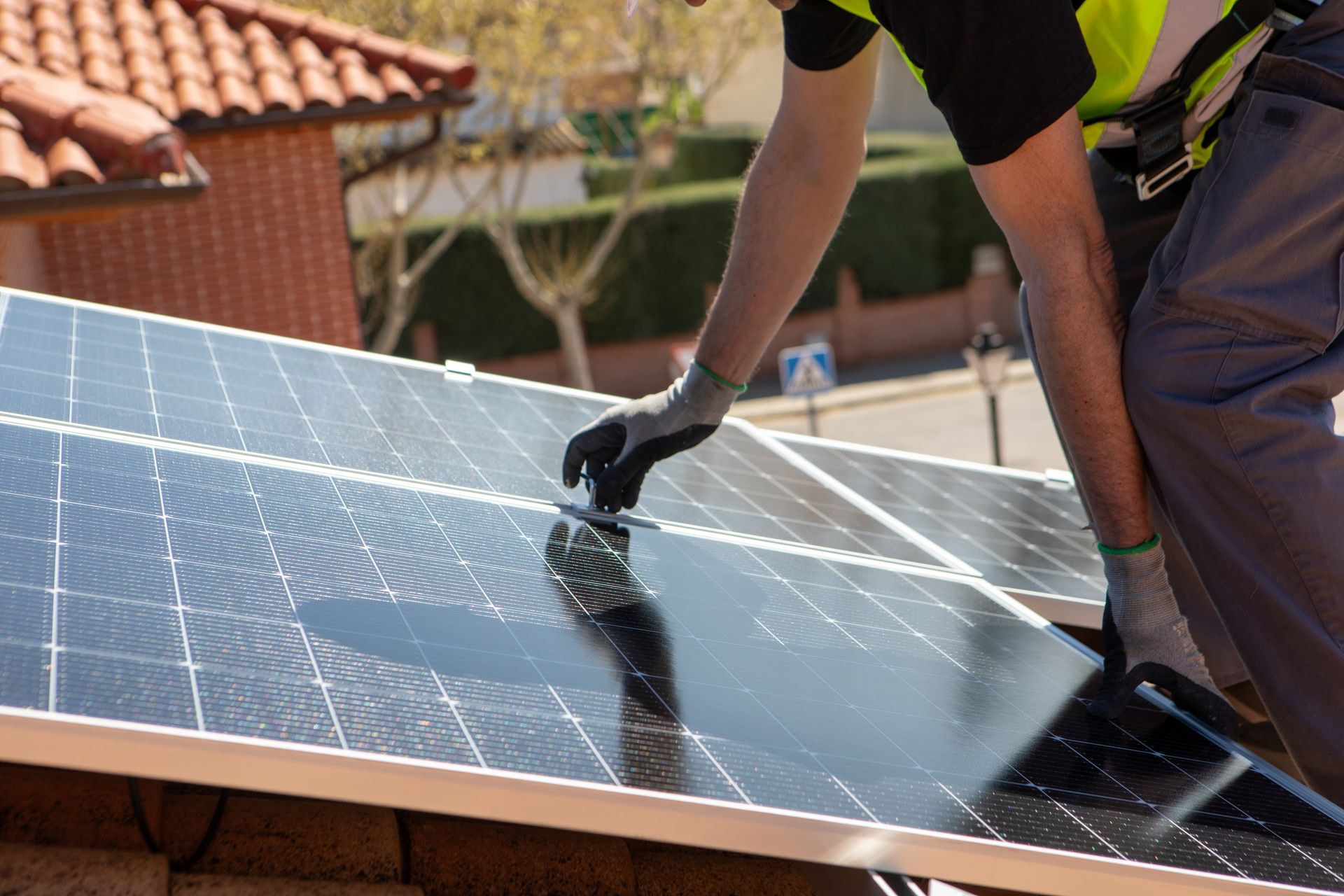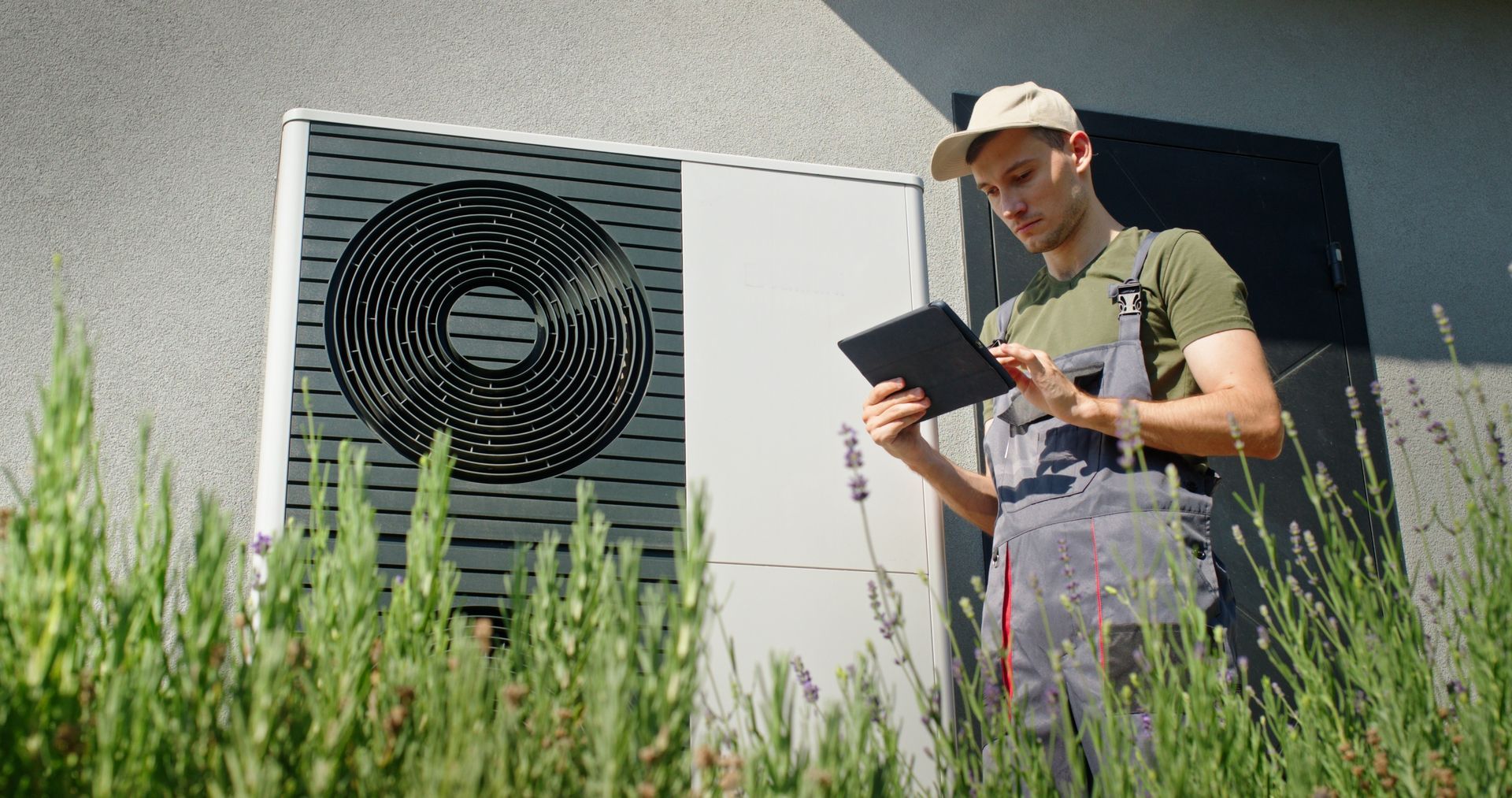Sustainable Kitchens: Eco-Friendly Remodel Ideas
The kitchen is often considered the heart of the home, a space where meals are prepared, families gather, and memories are made. In recent years, there has been a growing focus on sustainability in home design, and the kitchen is no exception. Embracing eco-friendly practices in kitchen remodeling not only benefits the environment but also enhances the aesthetic, functionality, and value of your home. Explore how to transform your kitchen into a sustainable haven with these practical and inspiring ideas.
Energy-Efficient Appliances
Upgrading to energy-efficient appliances is a key step in creating a sustainable kitchen. Look for appliances with the ENERGY STAR label, which indicates they meet or exceed energy efficiency guidelines set by the EPA. Energy-efficient refrigerators, dishwashers, and ovens reduce energy consumption without compromising performance. Not only do they help lower utility bills, but they also minimize your carbon footprint, making them a wise investment for both the planet and your wallet.
Sustainable Materials
Choosing sustainable materials for countertops, cabinets, and flooring can significantly impact the eco-friendliness of your kitchen. Consider countertops made from recycled glass, bamboo, or reclaimed wood, which are renewable and less harmful to the environment. For cabinets, materials certified by the Forest Stewardship Council (FSC) ensure they come from responsibly managed forests. Flooring options like cork, bamboo, and linoleum are biodegradable and derived from renewable sources, making them excellent choices for an eco-conscious kitchen.
Water Conservation
Conserving water in the kitchen is crucial for sustainability. Install low-flow faucets and aerators to reduce water usage without sacrificing water pressure. Consider touchless faucets to prevent unnecessary water flow. Additionally, dishwashers now come equipped with water-saving technology, making them more efficient than handwashing. Collect rainwater for watering plants or other household uses to further reduce water waste.
Smart Lighting Solutions
Lighting accounts for a significant portion of energy consumption in the home. Opt for LED or CFL bulbs, which use less energy and have a longer lifespan than traditional incandescent bulbs. Employ smart lighting systems that allow you to control brightness and timing via smartphone apps, ensuring lights are only on when needed. Natural lighting also plays a critical role in reducing energy use. Incorporate large windows, skylights, or solar tubes to maximize daylight and minimize reliance on artificial lighting.
Waste Reduction
A sustainable kitchen should also focus on reducing waste. Implement a comprehensive recycling system with clearly labeled bins for different materials, making recycling effortless for all household members. Composting kitchen scraps reduces landfill waste and provides nutrient-rich compost for gardening. Purchase groceries in bulk and store them in reusable containers to minimize packaging waste. Consider donating unused food to local food banks to help those in need and prevent food waste.
Air Quality Improvement
Improving air quality is an essential yet often overlooked aspect of a sustainable kitchen. Use low-VOC (volatile organic compounds) paints and finishes to reduce harmful emissions. Incorporate houseplants known for air purification, such as spider plants or peace lilies, to naturally cleanse the air. Ensure proper ventilation through range hoods or exhaust fans to remove cooking smoke and odors, maintaining a healthy kitchen environment.
Innovative Kitchen Design
Sustainability in kitchen design extends beyond materials and appliances. Consider layouts and features that maximize efficiency and minimize resource use. A well-planned work triangle between the stove, sink, and refrigerator reduces unnecessary movement and energy expenditure. Install task lighting to illuminate specific areas, reducing the need for extensive general lighting. Choose durable fixtures and furnishings that will withstand the test of time, reducing the need for frequent replacements.
Green Certifications and Professional Help
Achieving a sustainable kitchen remodel might seem daunting, but several certifications can guide your choices. Look for products and contractors certified by recognized organizations such as LEED (Leadership in Energy and Environmental Design) or Green Seal to ensure adherence to green building standards. Partnering with professionals experienced in eco-friendly design can simplify the process, offering insights and solutions tailored to your specific needs and preferences.
Embark on Your Sustainable Journey
Creating a sustainable
kitchen is a rewarding endeavor that benefits your home and the planet. By integrating energy-efficient appliances, sustainable materials, water conservation techniques, smart lighting, waste reduction practices, and innovative design, you contribute to a healthier environment while enjoying a beautiful, functional kitchen. Ready to transform your space into an eco-friendly masterpiece?
Contact EC Renewables today to consult with our experts and explore the endless possibilities for your sustainable kitchen remodel. Your dream kitchen awaits, and together, we can make a positive impact on our world.
Share This Blog











